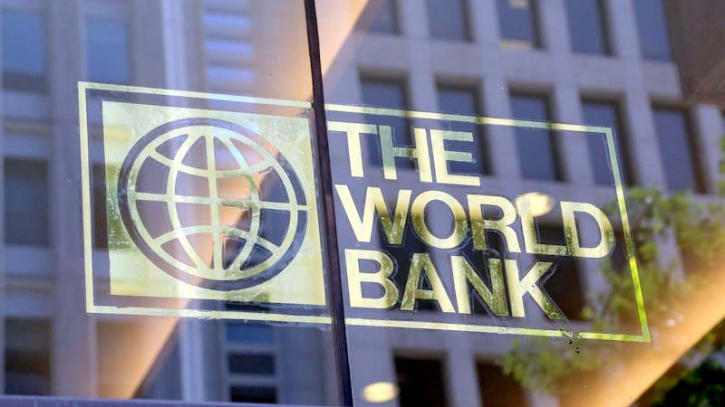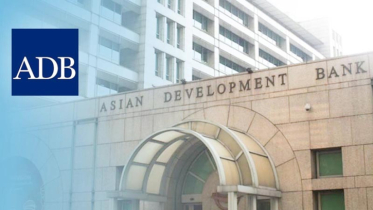World Bank approves $200m to help Bangladesh improve primary healthcare

The World Bank has given its approval for a 200 million US dollar investment aimed at bolstering primary healthcare services in Bangladesh.
This initiative will focus on the treatment, prevention, and referral of common ailments, including mosquito-borne diseases like dengue, as well as the effective management of medical waste in various areas of Dhaka, Narayanganj, and Chattogram.
The Urban Health, Nutrition, and Population Project have set ambitious goals, intending to establish a network of primary health centers that offer a comprehensive array of health, nutrition, and population services. This network will also incorporate a seamless referral system connecting these primary centers with secondary and tertiary-level healthcare facilities. This announcement was made in a statement released by the World Bank on a recent Thursday.
Approximately 2.5 million children residing in the Dhaka city corporations, the Chattogram City Corporation, Savar, and Narayanganj's Tarabo municipalities will benefit from these enhanced healthcare services, as mentioned in the statement.
While acknowledging Bangladesh's remarkable strides in advancing healthcare, particularly in rural regions, Abdoulaye Seck, the World Bank's Country Director for Bangladesh and Bhutan, emphasized the disparity in healthcare facilities in urban areas. He noted that residents of impoverished backgrounds and those residing in slums often resort to costly private healthcare due to limited public healthcare facilities in urban settings. Seck also highlighted the emerging health challenges posed by factors such as high population density, climate change, and rapid urbanization. These challenges encompass a rise in dengue cases and the prevalence of infectious and non-communicable diseases.
The project's scope extends to improving antenatal care services for women, with a target of providing at least four prenatal check-ups to over 250,000 expectant mothers. Furthermore, it will support the screening and follow-up of approximately 1.3 million adults for hypertension, according to the World Bank's statement.
.png)









